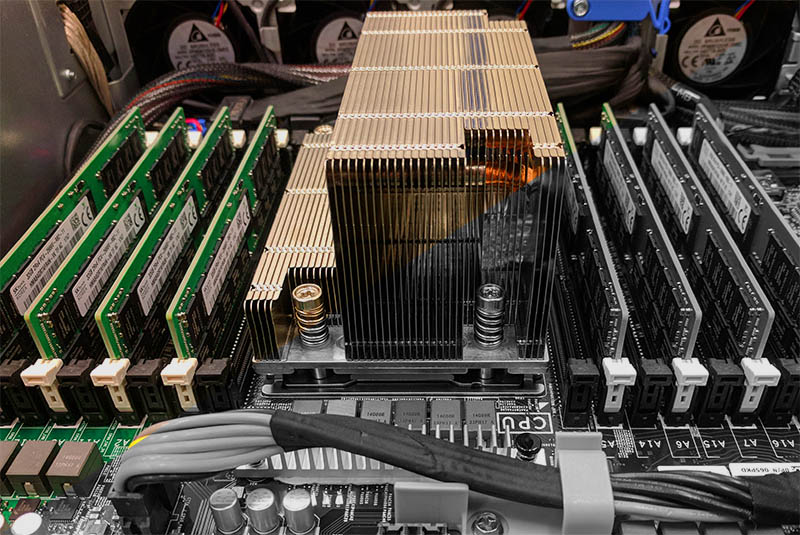Would you guys equally recommend them for the desktop?
Attributes you want in a server: Excellent cooling, noise is not an issue. Power efficient design (not just using a small CPU, but all the way through buses and power distribution). Sturdy mechanical build, with good connectors (even if large). Extra ethernet ports for the various networks (servers used to be on 3 networks with 3 plugs, today much of that is done with VLANs). Room for expansion cards (for IO and networking, such as SAS and Infiniband), using industry-standard slots. Cosmetics is completely unimportant, but compatible form factor (19" rack and standard depth) are.
Attributes you want in a desktop: Low noise. For gamers and some developers (electronics CAD, graphic design, people who run analytics or do development on their own machine) very high powered CPU and graphics; power efficiency is not important. Physically small and convenient. Networking and IO is typically not vital, nor is room for expansion cards. Some people insist on replaceable GPU / video card; other people are happier with a great video card that's built in. Cosmetics is very important for some users.
So what you want in a server is to a large extent the opposite of what you want in a client.
Really old story about HP, from the 80s and 90s: When HP started building computer servers, they built them like they had built their electronic instruments: insanely sturdy, and the mechanics and electrical was way overbuilt. I've seen an early HP minicomputer from the 70s, and it has 1/8" thick stainless plates for the case, with full-length hinges for movable doors. That mindset then persisted when HP started building desktop computers (still built on the HP3000 and PA-RISC architectures). They were not competitive, because way too much money was spent on the mechanical and quality. Why? Because a company such as HP can not do other than build the highest quality hardware. There is a famous story about Bill complaining about the front panel screws on a 50-year old electronic instrument being slightly rusty. And when someone said "But Bill, it was stored in a humid environment for a generation", his reply was: "My name is on the front panel, and it won't be rusty." To combat that mindset of "high quality at any cost, even if the customer wants something inexpensive", HP bought Apollo Computers, a maker of workstations. Not because of their architecture, PC boards, operating system, or customer base. Mostly because of their ability to bend sheet metal into appropriate and cost-effective boxes. And the corporate culture: First you find out what the customer wants (cheap but functional), then you build that; not the thing that you would be proud of building.

